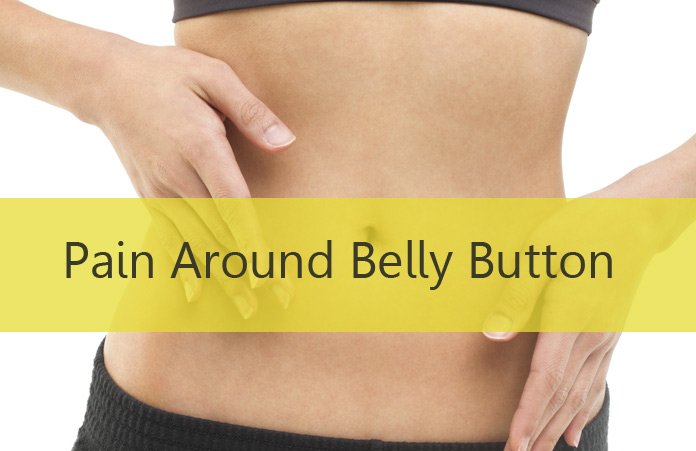Now you're most likely tired of listening to just how morning meal is one of the most crucial meal of the day-- but this weary item of suggestions could not be extra real! In one research completed at the Imperial College of London, individuals that skipped morning meal were a lot more lured to reach for unhealthy, high-calorie foods later in the day. meal, additional research study located that females had a bigger drop in ghrelin (the hunger hormone) when they consumed a hearty breakfast versus a tiny one. Eating the right foods after exercises is necessary for muscle gain, recovery and performance. If you're attempting to lose weight or tone your body, you might be attracted to cut a lots of calories from your meals.
Should I eat before or after gym?
While foods with little nutritional value fail to invest in an athlete's well-being and ability to withstand the demands of rigorous training, occasional “junk food” does not ruin health when eaten in moderation. You can indeed have an excellent diet without having a perfect diet.
If you weigh 70 kilograms, you must eat 70 grams of carbohydrates. Consume a treat before you get as well hungry if you are attempting to control your weight. This will keep you from consuming way too much later in the day. Ask your dietitian how many calories you need to have every day. Your dietitian can assist you select treats that will help you get the correct amount of calories.
What food should athletes avoid?
“In general, you'll want to eat a meal high in carbs and protein and low in fat roughly three to four hours before you exercise,” Cohen says, whether you're trying to shed pounds or build muscle. Carbohydrates supply your body with the glycogen it needs for your yoga session, gym visit, or jog.

Get medical help if you and your train think you require to reduce weight. Make sure to speak to your doctor prior to making major nourishment modifications.
They can dehydrate you even more and also cause you to feel edgy or nervous. suggests pairing navy beans with whole grains, such as wild rice, to produce a heart-healthy, fiber-rich snack. You'll get all the healthy protein you need for post-workout muscle repair work without the saturated fat that often includes dairy items and red meat. There's nothing incorrect with consuming these foods, yet it's good to vary your meals so you don't obtain tired.
What should I eat for fitness?
Anna Nemeckay, Director of Personal Fitness coaching at Silver Mountain Sport Clubs, explains an athlete would never eat beans, sugary sports drinks, beer, flavored yogurt and diet soda. Each of these foods cause more harm to the body than good.
For breakfast, select a high-carbohydrate dish-- one similar to what you'll be eating on race day, so you can find out what foods absorb best (for you!). Try a whole-grain English muffin or a bagel with peanut butter or a low-fat lotion cheese. After that, have an all-around dish post-workout to aid with recuperation. " The protein-to-carbohydrate proportion is perfect for enhancing my healing," he says.
- Nutrients include carbohydrates, protein, fat, vitamins, as well as minerals.
- Healthy and balanced snacks can supply these added calories and also nutrients you need.
- Professional athletes and also energetic people need even more calories and nutrients than people that do not work out on a regular basis.
Each of these foods create more damage to the body than great. If you intend to exercise within a hr after breakfast, consume a light breakfast or beverage something such as a sporting activities drink. Continue reading to uncover when you must and shouldn't eat to preserve your ideal body weight.
Eating the Right Foods for Exercise

A regular healthy breakfast for professional athletes will certainly have a carb resource such as fruit and vegetables, entire grain cereal such as gruel or muesli, and also rye bread. Healthy proteins (and also all-natural fats) will certainly be stemmed from eggs, nuts, cheese, yoghurt, milk as well as meat. It offers various other functions, such as supporting excellent skin as well as hair. This can reduce you down, because your body needs to work more challenging to shed fat for power. Fats should make up no more than 30% of your everyday calories.
A good pre-game meal is high in complicated carbohydrates as well as reduced in protein and sugar. These can be harder for you to absorb and can trigger an indigestion. You may find it valuable to avoid food the hr prior to a sporting event.